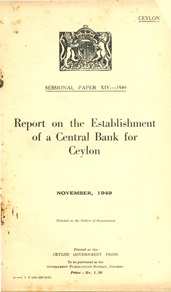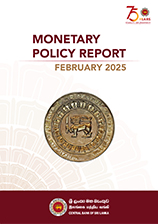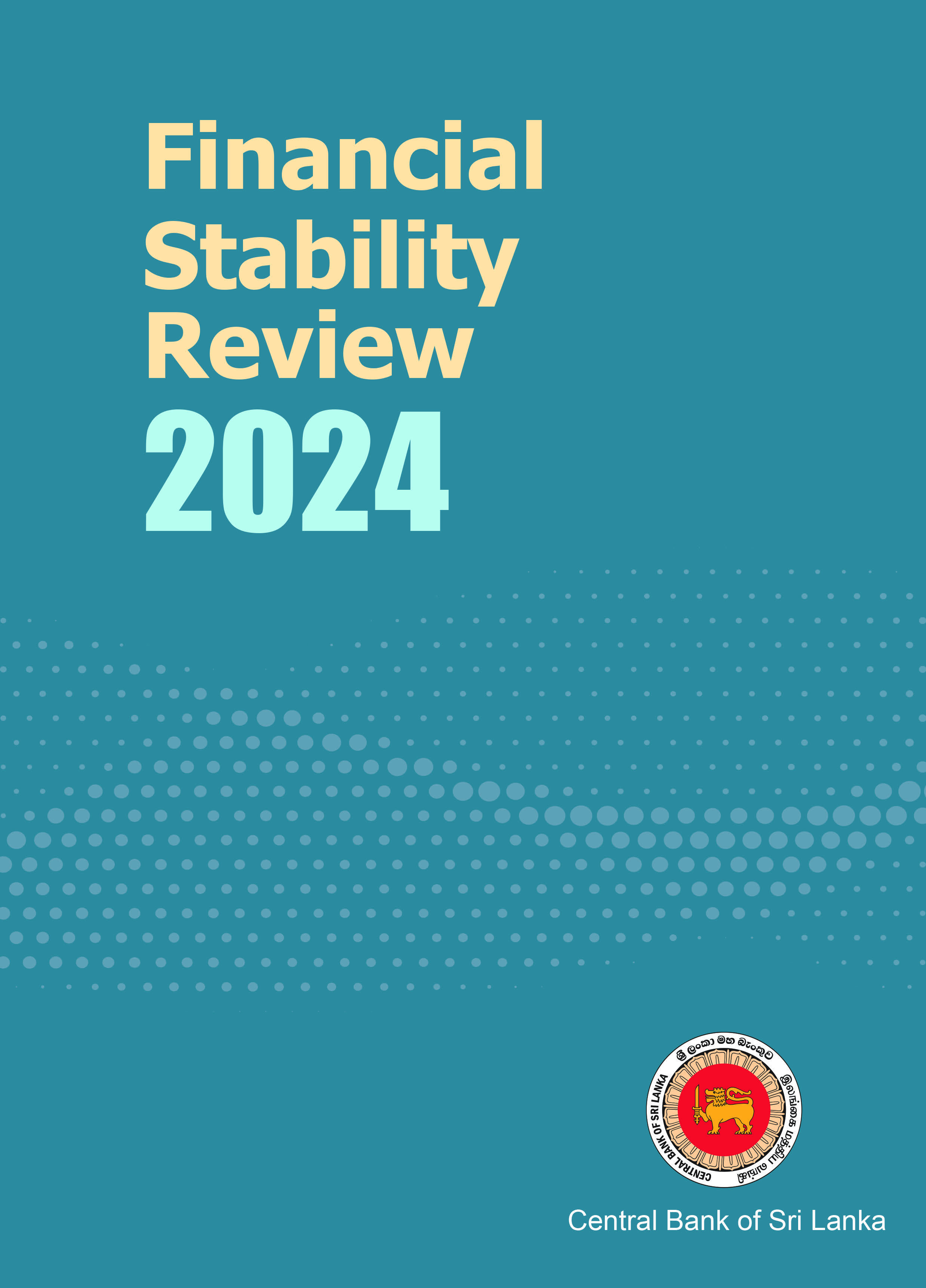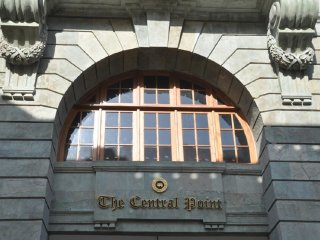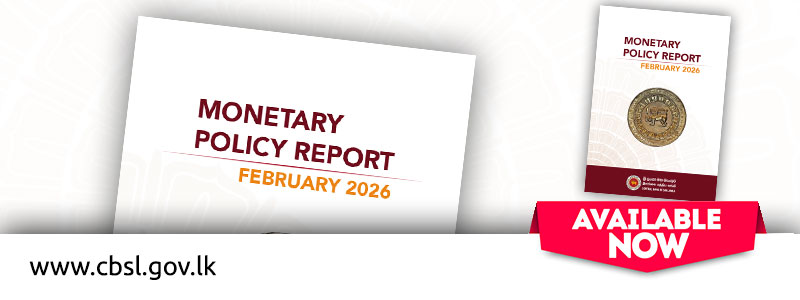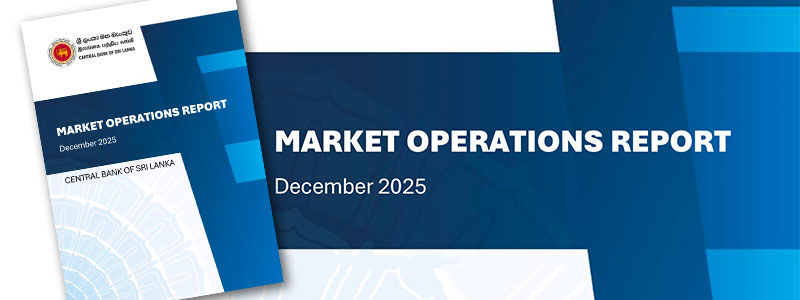Over the past few days, concerns have been raised by various individuals and media about an assumed shortage of foreign currency liquidity in the domestic market, preventing banks from facilitating imports. Reports published or circulated by some media channels indicate seriously negative viewpoints which can be very harmful to the country. I wish to make the following statement to explain the true position about this subject.
Due to heavy foreign currency borrowings in the past several years, there was adverse speculation, even by the time of the formation of the present Government in 2019/2020, about Sri Lanka’s ability to service its debt service obligations falling due in the near term. In spite of such speculation, and amidst added pressures owing to the COVID-19 pandemic on particularly our tourism cash flows, the Government of Sri Lanka reiterated its stance of ensuring that all its external debt service obligations would be met on time, thus maintaining Sri Lanka’s unblemished record of servicing all its maturing obligations.







